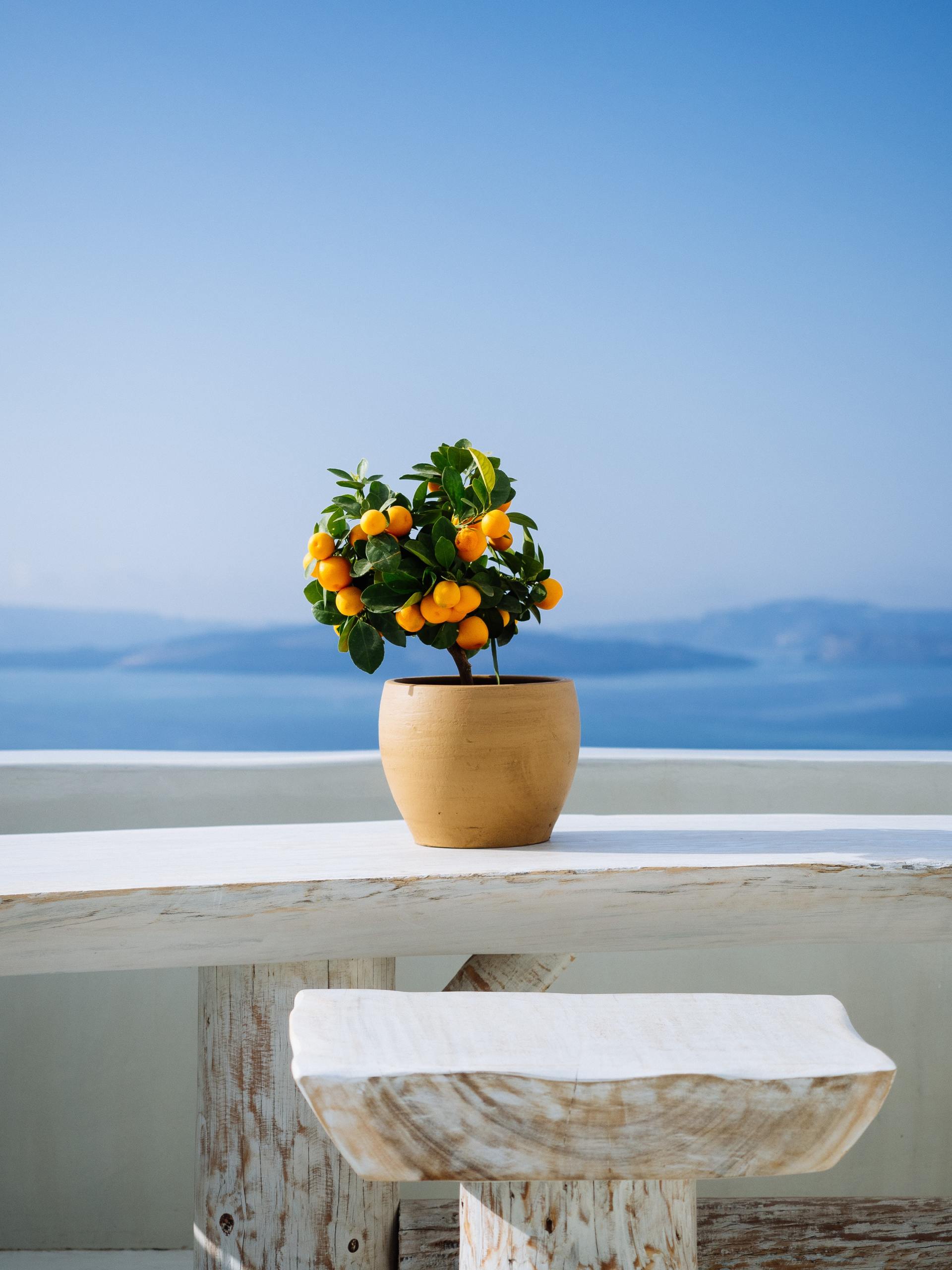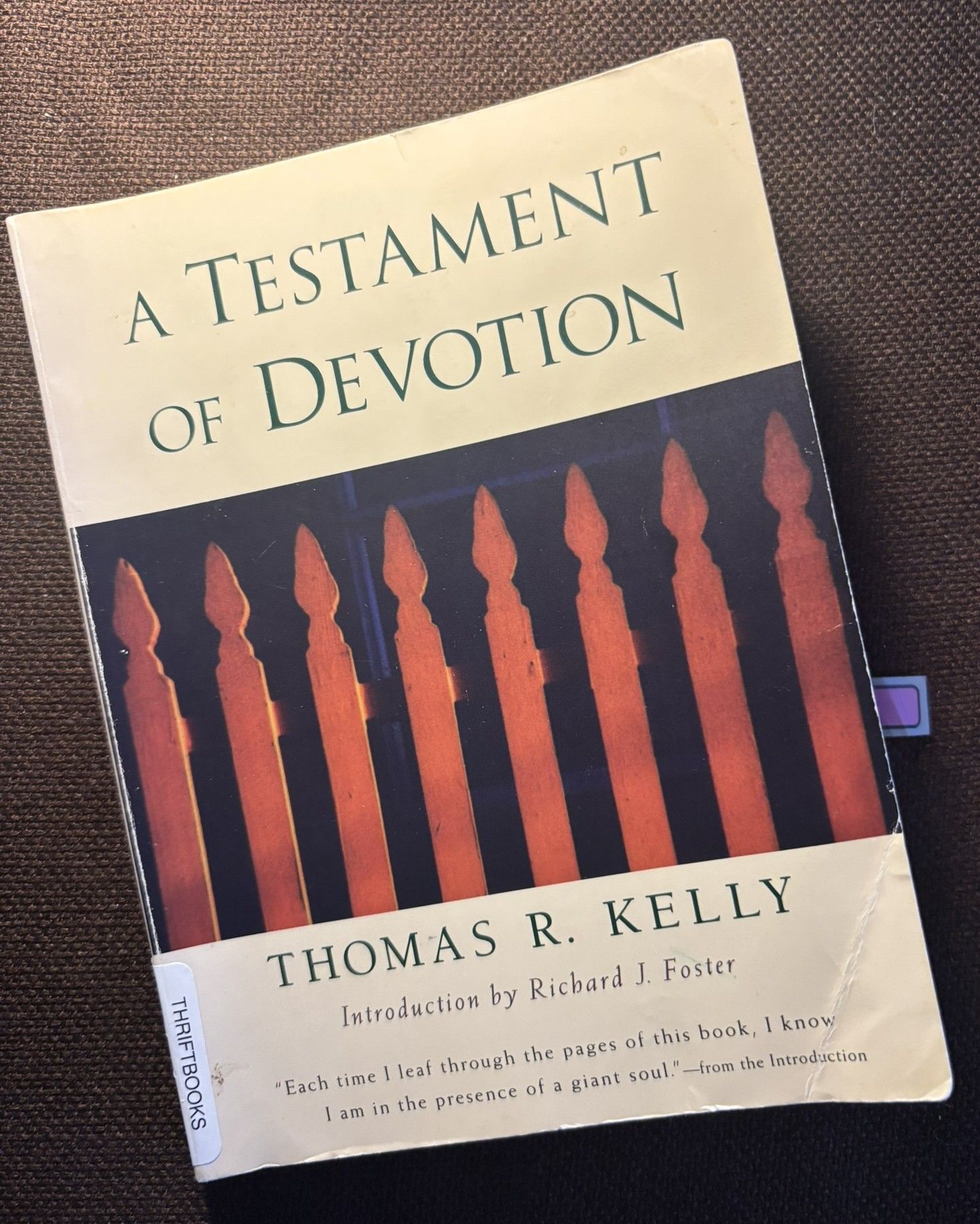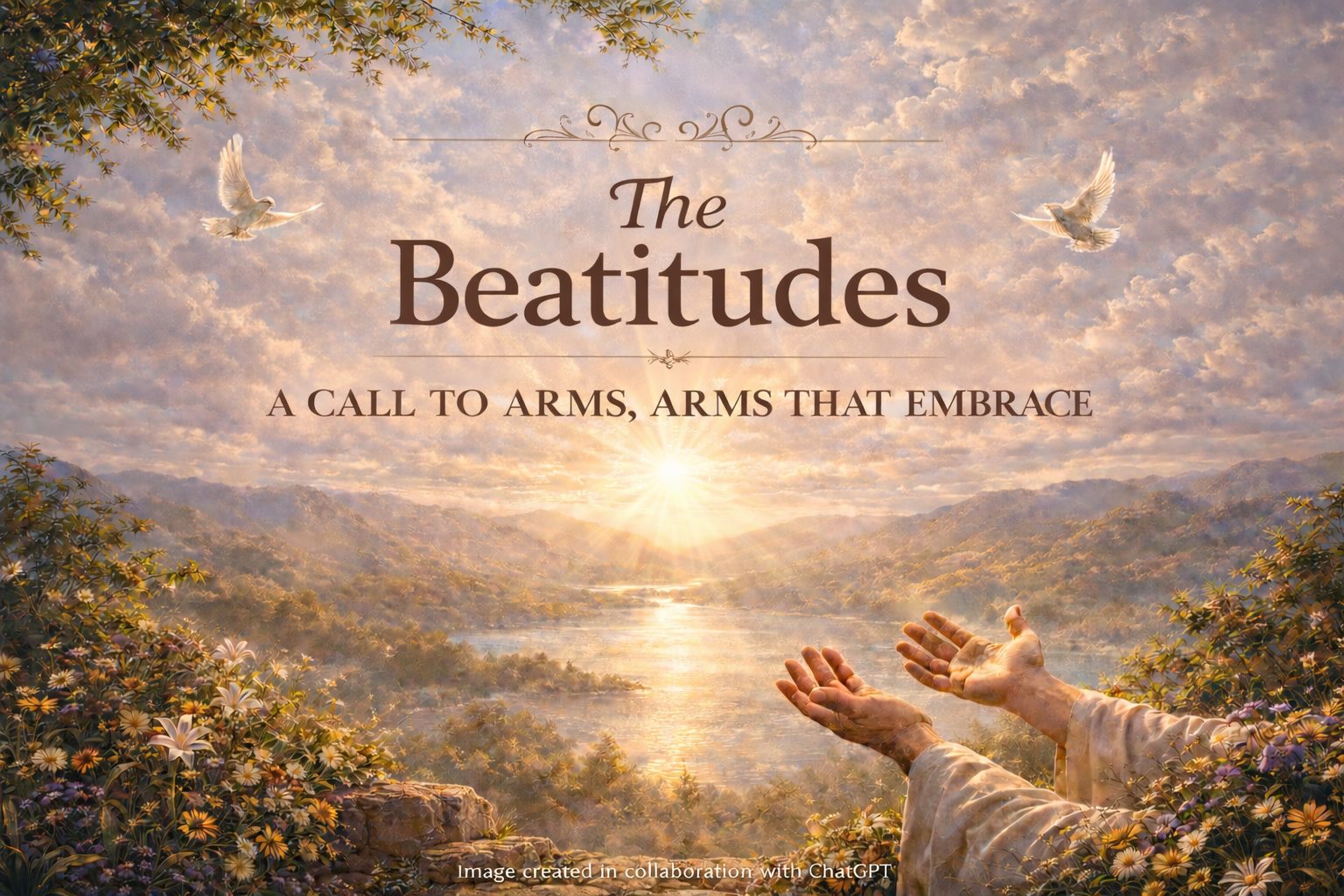Religion: Container or Constrainer
A feeble attempt to think about the relationship of spirituality to religion
“Religion is a means, not an end.
It becomes idolatrous when regarded as an end in itself ”
~Abraham Joshua Heschel, Essential Writings, p. 127
The metaphor of “container”, representing one’s chosen faith
tradition, is a good way of looking at faith traditions and how they provide a
place to develop depth of understanding, experiences, and practices which keep
spiritual experience alive and meaningful.
Having such a grounding then can then give sure footing to further explore
and learn from other faith traditions or other non-faith traditions, like atheism. Metaphors are helpful ways of understanding
but of course they, at best, can only partially illustrate the fullness of what
is all around us and within us. Here faith
is the topic, but a container can be a helpful way of looking at any crucible
for developing depth – an ideology, philosophy, economic framework, scientific
methodology, and so on, which may or may not become constraining.
Awe and wonder are the start and the end of both science and spirituality. Religion and the scientific method are means – processes and practices for practitioners to develop deeper understanding of those experiences and awareness. The mystery of a scientific insight/discovery or spiritual epiphany opens people to new awareness and possibilities, and then becomes scrutinized and routinized as followers attempt to understand, set rules, and determine how to move deeper into, or to experience more regularly, the mystery that has been revealed.
Religion takes the experience of founders, like Jesus, the Buddha, and Muhammad and creates a container for those experiences. (Science develops “fields” or “research agendas” or theory which can then be further studied, elaborated, and explicated.) The purpose of such a container is at least three-fold. One purpose is to give followers and potential followers the scaffolding and support to work toward developing a better and more continuous relationship with the divine – the mystery, the unknown, the absolute. Another purpose is to build a structure which defines who and what resides within or without and the means for entry or expulsion. Still another purpose is to modify or to reinforce or to overcome worldly power structures or "the way we do things". Each of these purposes may be used in ways which support and build upon the original epiphany and practices of the founder(s) or in ways which subvert them. It is not the purpose of this essay to evaluate or to judge (we dare not cast the first or the hundred and first stones) the benefits or weaknesses of any particular religious institution, but to discuss how the spiritual (spirituality) relates to religion.
As the religions develop over years and centuries, each begins and then elaborates a system of beliefs, credos, and practices which followers, or at least the official members, must subscribe to. It is the job of leaders and religious educators serving any religious tradition to help pass these on, in the form of teachings, practices, values, and beliefs, to members or others who may be interested. The Catholic Church, for example, has the Catechism (1997), which is divided into four parts. The second edition, including indexes, is 822 pages describing Church doctrine, so there is plenty for Catholic religious educators to teach. Pelikan (2003) produced a book of over 600 pages which just serves as a guide to Christian creeds and confessions, which seems a generous output given the relative sparseness of Jesus’ own words and actions. These, however, serve as unending sources of material for Christian religious leaders and educators, and a similarly large set of credos serve similar purposes in other faith traditions.
There are, though we may not think about it much, threads (currents, pick another metaphor) which are similar in differing spiritual traditions.
---------------------------------------------
“Mysticism has been called ‘the great spiritual current which goes through all religions’” ~Annemarie Schimmel, Mystical Dimensions of Islam , p. 4)
"The language of mysticism and spiritual experience cuts a wide swath through the world's religious traditions, and it presents an alternative theology, that of connection and intimacy."
~Diana Butler Bass , Grounded , p. 13
---------------------------------------------
Through history, a good deal of religious education has been instruction related to profound issues of spirituality and religion; virtues, ethics and morality; and the life processes or routines which can inculcate those values and behaviors into quotidian practice. Today, while the commercial marketplace for adult religious education is booming (you can pay by the hour if you want), much of the substantive teaching is being conducted as it always has been, for free in churches, synagogues, mosques, sanghas, and within other places of worship throughout the world, led by imams, priests, ministers, rabbis, monks, and other religious leaders who have been educated and ordained worthy to teach within their own traditions. (Yes, there are tithes and the passing of the plate for those who wish.)
So much of what has been criticized about religion is related to dogma, belief systems, and socialization which so often has resulted in iniquity and inequity that the underlying, more profound learning which faith traditions teach through spiritual disciplines can get lost in the discussion, taken for granted, or undervalued almost to the point of being considered superfluous.
Dogma, belief systems, and credos are not inherently bad, by any means. They are part of our foundation, our container. Just as are sacred texts and places and icons.We all need these to strengthen our container. It is only when any of these become the ends instead of the means to a much more profound end that they can obstruct the path.
---------------------------------------------
Early-stage religion is primarily preparing you for the immense gift of this burning, the inner experience of God, as though creating a proper stable into which the Christ can be born. Unfortunately, most people get so preoccupied with their stable, and whether their stable is better than your stable, or whether their stable is the only “one, holy, catholic, and apostolic” stable that they never get to the birth of God in the soul.
~Richard Rohr, The Container and Its Contents
---------------------------------------------
Richard Rohr has made the case that a “container”, a faith tradition of some kind, is helpful to develop depth. From that home base and, from that depth, comes the ability to interact meaningfully on an inter-or-non-faith basis. “The first, and most important prerequisite of interfaith is faith,” Heschel (2011) said. The analogy for scholars is interdisciplinary work, wherein serious and productive interplay between disparate fields has the highest likelihood of productive synergy when the players bring depth of knowledge from their own field to the table.
A challenge for religion, in times which seem to pull people to social action, is to remember that the roots and depths of spiritual formation – in this case establishing a deep, solid, yet open container - are the foundations for social action. Spiritual formation can be the result of spiritual experiences, spiritual disciplines, or are often a combination of both. Without spiritual depth, spiritual action, no matter how well intended, can become self-interested and parochial. Without spiritual action, spiritual formation serves only oneself.
Therefore, the disciplines of spiritual formation – strengthened through the crucible of practice and experience over time - which have been followed for generations and centuries are not passé, as some might claim, but are integral for true social justice to occur. While doctrine and dogma and ideology and institutions can constrain and reinforce power structures, the practices of contemplation, prayer, solitude, service, celebration, study inculcate the humility, gratitude, compassion, and other virtues which are the bona fide values of a civil, respectful, inclusive, and honorable society. These are what strengthens a sturdy, open, inviting container for exploring depth of spirituality.
The counter-point to argument judging the historical, negative
repercussions of religion is the evidence that religion has
contributed vast benefits to all or parts of society. Servants like
Dorothy Day, Thomas Merton, Mother Theresa, Pope Francis, Dietrich Bonhoeffer, and Martin
Luther King, Jr., among the Christian crowd, along with a multitude of people like Gandhi,
the Dalai Lama, Thich Nhat Hanh, and Abraham Joshua
Heschel, and unrecognized missionaries, volunteers, chaplains, hospice workers, and
others who have sacrificed their lives, often at great risk and pain are some
of the people. Religious organizations, like the Anti-defamation League, St.
Vincent de Paul, the United Methodist Committee on Relief, and thousands more
have provided support in material and immaterial ways over the centuries.
Theological and religious educational institutions from LDS seminaries to
Catholic private schools to the great monasteries and universities of the world
have educated young and old, seekers and teachers and preachers, to act with
and live as examples of character and virtue. This is old territory, firmly
established.
The larger question for each of us, perhaps then, is to ask what learning processes, practices, and puzzling about are most likely to move us deeper than the easy, untested belief systems that divide, each claiming “truth”. Thomas Moore (2014), suggests that each person can create their own religion. “All you have to do,” he says, “it get over the bad habit of arguing over who is right and who possesses the truth” (p. 271). “To be religious even in a personal way, you have to wake up and find your own portals to wonder and transcendence” (Moore, 2014, p. 12).
Faith tradition containers can help us to find the depth of faith and the security to explore beyond our own experience and current beliefs. They can be mixing bowls which add spice and taste and nutrients. Or lids can be put on, nothing new added to the pot, with contents becoming stale and moldy and dry and hard.
References
Bass, D. B. (2015). Grounded: finding God in the world--a spiritual revolution (FIRST EDITION. ed.). New York, New York: HarperOne, an imprint of HarperCollins Publishers.
Church, C. (1997). Catechism of the Catholic Church. New York, Doubleday.
Hecht, J. M. (2003). Doubt: a history: the great doubters and their legacy of innovation, from Socrates and Jesus to Thomas Jefferson and Emily Dickinson . United States of America: HarperSanFrancisco.
Heschel, A. J. and S. Heschel (2011). Abraham Joshua Heschel: essential writings . Maryknoll, N.Y., Orbis Books.
Moore, T. (2014). A religion of one's own: a guide to creating a personal spirituality in a secular world. New York, Gotham Books.
Pelikan, J. (2003). Credo: historical and theological guide to creeds and confessions of faith in the Christian tradition. New Haven and London, Yale University Press.
Rohr, R. (2016, June 16, 2016). The Container and the Contents [The Center for Action and Contemplation]. Retrieved 5-24-19 from https://cac.org/the-container-and-the-contents-2016-06-19/
Schimmel, A. (2011). Mystical dimensions of Islam. Chapel Hill, UNC Press.













